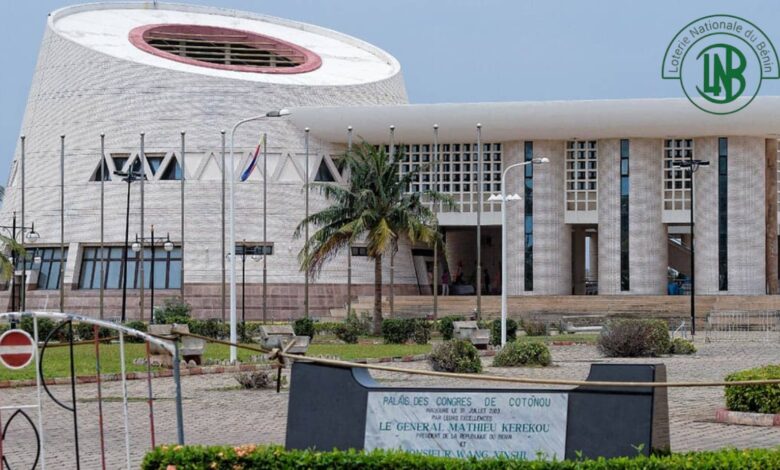
The government of the Benin Republic has recently implemented a new gambling tax aimed at increasing revenue for the state.
With the enactment of Law No. 2024-34 (Finance Law 2025) on December 12, 2024, Benin has officially joined other African nations in taxing gambling activities.
This law, now in effect from the start of 2025, introduces a comprehensive framework that regulates both land-based and online gambling, marking a significant departure from previous regulations that only addressed traditional gambling forms.
Under the new legislation, all land-based casinos are required to pay a 10 percent levy on their gambling turnover, while online gambling operators face a 25 percent tax on winnings. The government distinguishes between traditional and remote gambling, with the latter including online platforms such as websites, mobile apps, and USSD-based lotteries.
This regulatory overhaul is expected to generate approximately US$25 million annually, which the government plans to channel into social and infrastructural projects aimed at improving citizens’ quality of life.
Read Also: Betway Owner Super Group Reports Record Revenue as Africa and Middle East Overtake North America
While previous regulations since 2006 did not address online gambling, the new tax system aims to recapture revenue lost to offshore websites and unregulated operators. Beyond revenue, authorities emphasize the importance of regulation for player protection, minors’ safeguarding, and the prevention of money laundering and terrorism financing.
However, enforcing these laws presents challenges. The Benin National Lottery Authority (LONAB) is tasked with overseeing compliance, but cracking down on illegal operators remains difficult. The rise of unlicensed gambling venues, which do not pay taxes and often offer larger payouts, undermines legal operators and complicates regulatory efforts.
Experts in Benin are calling for stricter laws and increased enforcement measures to curb illegal gambling and ensure a fair and safe gambling environment for all stakeholders.



















